“I loved the fresh alkaline tang of new ink and paper, a smell that never emanated from a broken-in library book. I loved the crack of a newly flexed spine, and the way the brand-new pages almost felt damp, as if they were wet with creation.”
–Susan Orlean, The Library Book
There’s something magical about walking into a library, cracking a paperback open for the first time, and letting the scent of the rich paper fill your nostrils, tickling your memory and summoning you forth on an epic journey.
I have always had a propensity for adventure and seeking new opportunities, so it only makes sense that I also have a deep affinity for books. My love of reading sparked at an early age, and over the years I have diligently kindled this curiosity, stoking the fire with more and more material until the spark flourished into a blazing passion. I love reading for how it connects us―bringing us closer together and fostering a shared history― and yet it also unapologetically lifts us up and enthusiastically flings us out of our comfort zones, challenging us to see differently and daring us to dream bigger.
Literature surrounds us, and I seek as many opportunities to read in a day as is physically possible. Whether it’s a traditional book, the news, traffic signs, daily mail and magazines, or even nutrition labels, I devour the text that surrounds me with a vigorous, insatiable hunger.
The fascinating aspect about reading is that it often begins as a solitary activity, but it never ends that way. Voices and stories leap from the text with an almost disquieting similarity, prompting us to find comfort, solace, and sameness as we surround ourselves with human narratives that may contain slight differences and yet are never entirely disconnected from our own. Cracking open a book fills a room with whispering―and sometimes even shouting―voices, imploring us to look harder, think more critically, and live more boldly. Reading unites us in a way few other things can, and even in our most difficult moments books remind us we are not alone.
When we first moved to Minneapolis I sought to establish connections wherever I could, and my love of reading quickly pointed me in the direction of my local alumni’s book club. Notably, our Twin Cities chapter is part of a larger national alumni initiative called “ND Women Connect” aimed at uniting alumnae by fostering community and promoting shared experiences. What better way to do this than through reading, an exercise that draws out voice and prompts meaningful connection and conversation?
Our local book club meets every other month, and I anticipate these meetings with gusto. Thus far (since I’ve joined) we have read Sara Novic’s Girl At War, Betty Smith’s A Tree Grows in Brooklyn, Laura Shapiro’s What She Ate: Six Remarkable Women and the Food That Tells Their Stories, Zadie Smith’s White Teeth, Min Jin Lee’s Pachinko, William Kent Kruger’s Ordinary Grace, and Matthew Desmond’s Evicted. While I certainly have my favorites, each book prompts fascinating discussion and fosters camaraderie and kinship amongst women who may otherwise be strangers, galloping through life in our prospective silos, occupations, and age demographics without every crossing paths. Instead, two things draw us together―our alma mater and shared love of reading―and uncover a world of untapped potential.
For our next meeting in December we have agreed to read Susan Orlean’s The Library Book, a nonfiction text that has reached considerable fame and attention in the past year. Indeed, The Library Book has been heralded as a Washington Post Top 10 Book of the Year, a New York Times Bestseller, a New York Times Notable Book of 2018, and a Reese Witherspoon x Hello Sunshine Book Club Pick. The story chronicles the events surrounding the mysterious burning of the Los Angeles Central Public Library in 1986. The suspected arson was unfathomably disastrous: The fire reached 2,000 degrees and raged for over seven hours, incinerating everything in its path and consuming 400,000 books and damaging 700,000 more. The city of L.A. banded together in the grim aftermath of this wreckage to build back the pieces of its community and attempt to solve the mystery behind what would motivate someone to destroy such an illustrious national treasure.
With all this recent acclaim, the The Library Book’s waiting list at the―well, library―is obscenely long. I first requested both physical and audiobook copies when our club selected the title in early summer, and the audiobook just recently downloaded to my phone last week. Excited to embark on this real-life adventure, I decided to start listening while taking a walk around Medicine Lake on a perfect fall day. I pressed “play” and trekked forward as crisp autumn air filled my lungs and cleansed my spirit. Light dancing off the surface of the water, a new, captivating world began to appear around me.
Orlean artfully weaves her lifelong love of books and reading into a meticulous investigation of the library fire and the events surrounding it. What results is a spellbinding, exceptionally compelling narrative that breathes life into the larger purpose and meaning behind books, libraries, and the stories that connect us as human beings.
One of the elements that most resonates with me is Orlean’s depiction of books as living, breathing memories that chronicle and preserve the human story for future generations to come. Orlean acknowledges that with this preservation comes a form of honor and validation, and she writes:
“The library is a whispering post. You don’t need to take a book off a shelf to know there is a voice inside that is waiting to speak to you, and behind that was someone who truly believed that if he or she spoke, someone would listen. It was that affirmation that always amazed me. Even the oddest, most peculiar book was written with that kind of courage — the writer’s belief that someone would find his or her book important to read. I was struck by how precious and foolish and brave that belief is, and how necessary, and how full of hope it is to collect these books and manuscripts and preserve them. It declares that stories matter, and so does every effort to create something that connects us to one another, and to our past, and to what is still to come.”
This idea is a powerful one: Our stories hold weight―they matter―and serve as the connective tissue that binds us all together, past, present, and future. This sentiment is evocative of “sepia,” a color often associated with antique photographs. Significantly, these tiny momentos of the past tell vast stories that connect the “then” and the “now” with the “what could be.”
In the past couple weeks I have found myself spending a remarkable amount of time in the presence of libraries and library books. The Hennepin County Library system is truly incredible: With forty-one branches it boasts a seemingly endless treasure trove of books, resources, and locations perfect for planning your next literary getaway. Cam and I typically patron two nearby branches, but we recently discovered a third location that takes our breath away. Mere minutes from our apartment, this library features stunning facilities, pristine resources, and sweeping natural views that leave me wanting nothing more than to curl up with a good book.
Much like the L.A. Central Library Orlean explores in her book, this facility draws community members in and provides a place to gather, read, and just be. Walking into this library has a calming effect: Within the possibility of the pages that surround you it is as if time pauses, chaos slows, and voices from the past speak with startling clarity. As Orlean depicts,
“It wasn’t that time stopped in the library. It was as if it were captured, collected here, and in all libraries — and not only my time, my life, but all human time as well. In the library, time is dammed up–not just stopped but saved.”
Orlean continues this sentiment, recognizing libraries’ social significance and honoring their profound staying power:
“The library is a gathering pool of narratives and of the people who come to find them. It is where we can glimpse immortality; in the library, we can live forever.”
Often in this fast-paced life it is easy to lose sight of greater meaning and purpose. What does it all add up to? What does it all mean? Sometimes we feel transitory―cogs that make up a larger machine―unmoored and dissociated from a larger significance. Libraries are an anecdote for this, a grounding reminder of the immense power of the human story.
In the library, we can live forever.
In the spirit of celebrating reading and its ability to strengthen communities, I recently came across an independent bookstore in nearby Hopkins: Cream & Amber. The local shop opened earlier this year and advertises “Books – Beer – Coffee” and provides space “to bring people together to read more books, drink good beer, and share in community and conversation.” The female-owned bookstore was the brainchild of two college friends intent on creating a unique place dedicated to serving local Minnesota beer and highlighting local Minnesota voices. Indeed, Cream & Amber highlights books written by local authors by marking them with a state-stamped write up chronicling the author’s story and giving a brief book review. The shop even features a community reading room patrons can reserve (free of charge) for book clubs or other small-scale gatherings. Tucked away from the hustle and bustle of daily life, it is the perfect spot to fall in love with a new book in the company of good beer and even better friends. 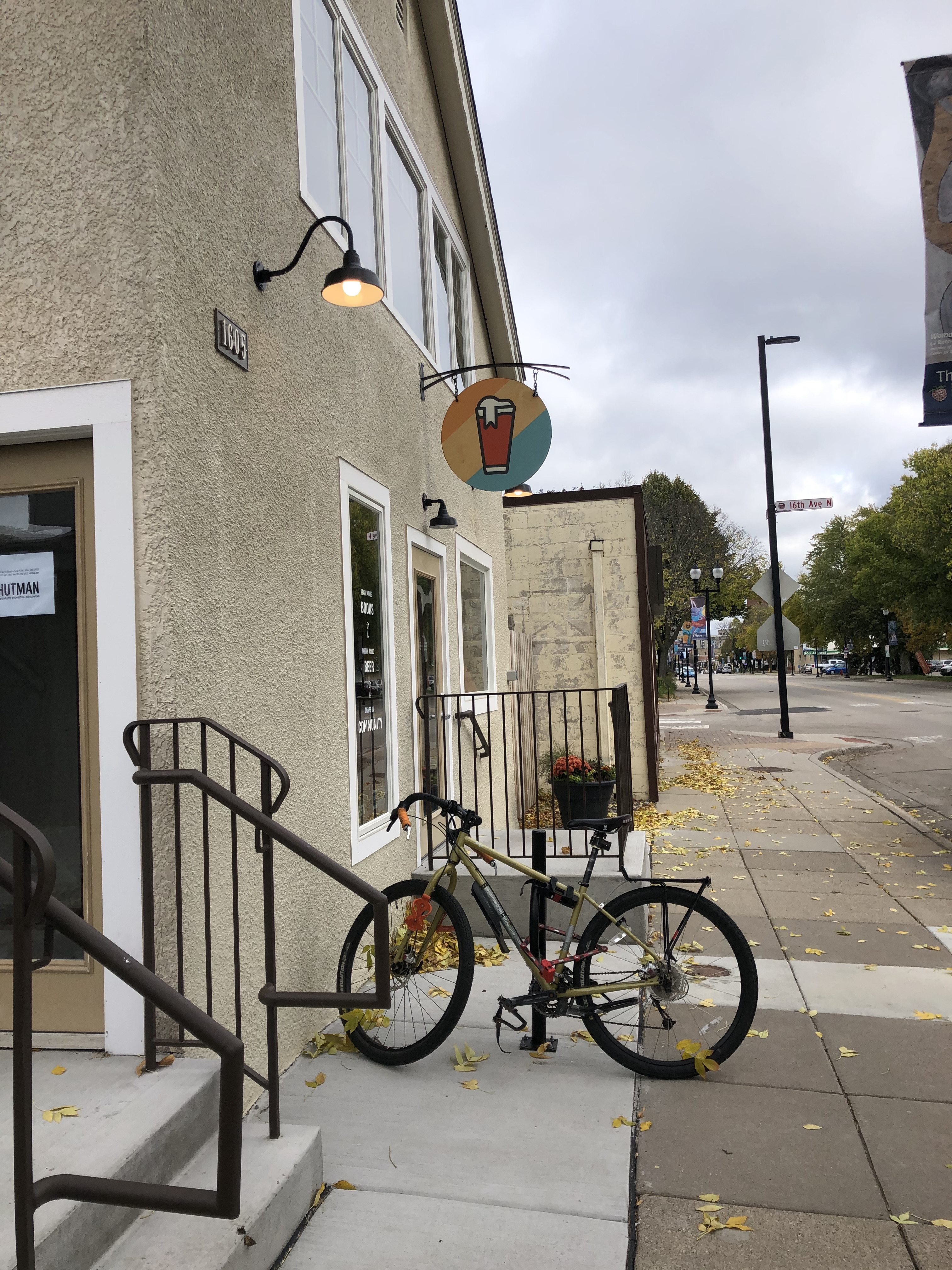
Throughout her book, Orlean pays homage to numerous writers that came before her, but perhaps the most striking connection is to Ray Bradbury’s Fahrenheit 451. Like Orlean, Bradbury champions books for the power to connect, solidify, and immortalize, and he believes they contain the key to our past, present, and future. Bradbury’s now iconic dystopian novel follows the horrific adventures of Montag, a conflicted individual who lives in a future of extreme censorship where firemen burn books. Near the end of the novel Montag encounters a secret society of intellectuals filled with individuals who have memorized burned literary works so they may keep the books “alive” until it is safe to print them again. Until then, these individuals pass their knowledge from generation to generation, safeguarding curiosity and ensuring the greater human story lives on. Bradbury writes,
“And when they ask us what we’re doing, you can say, We’re remembering.”
When we read, we acknowledge that we are not alone and fill the present with a symphony of ideas and voices from the past. When we read, we are remembering.
In a world teeming with information, immediacy, and instant access, life moves faster than we can possibly process. Sometimes what we need most is to immerse ourselves in a good book, not to slip away and “escape” reality but to face and confront it head-on with a renewed sense of clarity and purpose. This is the power of reading: The power to gather, remember, and rise from the ashes, stronger than ever.
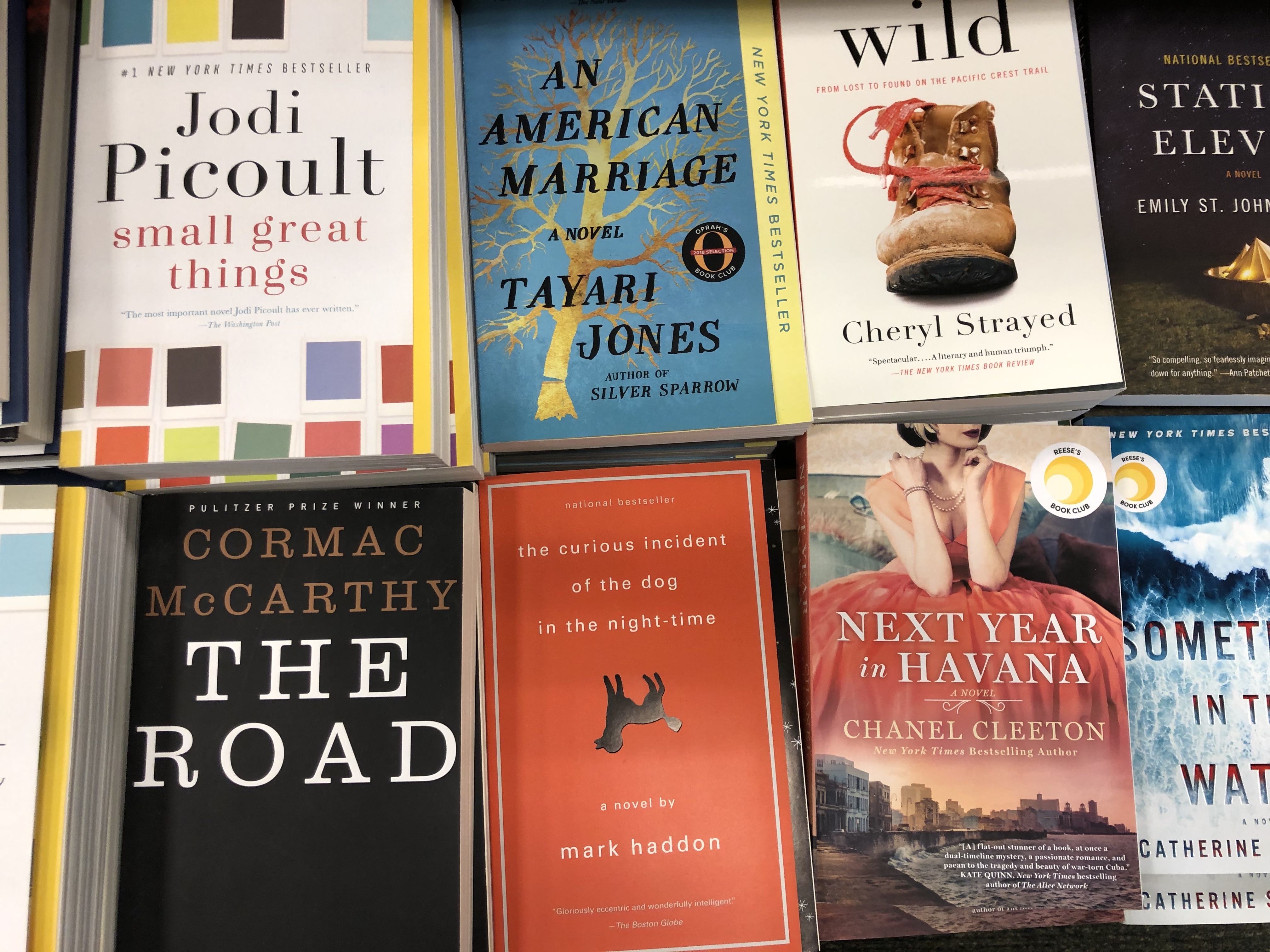
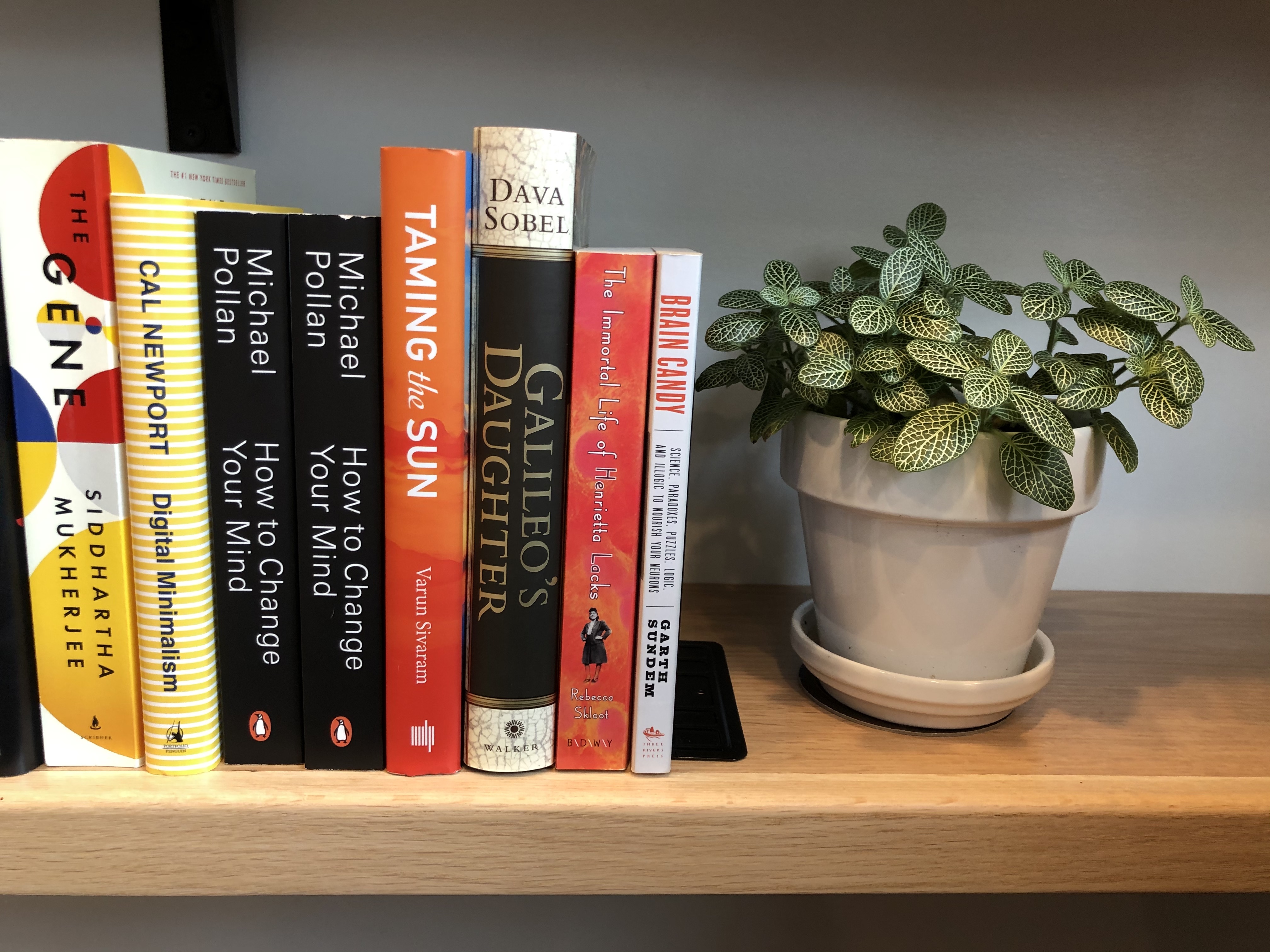
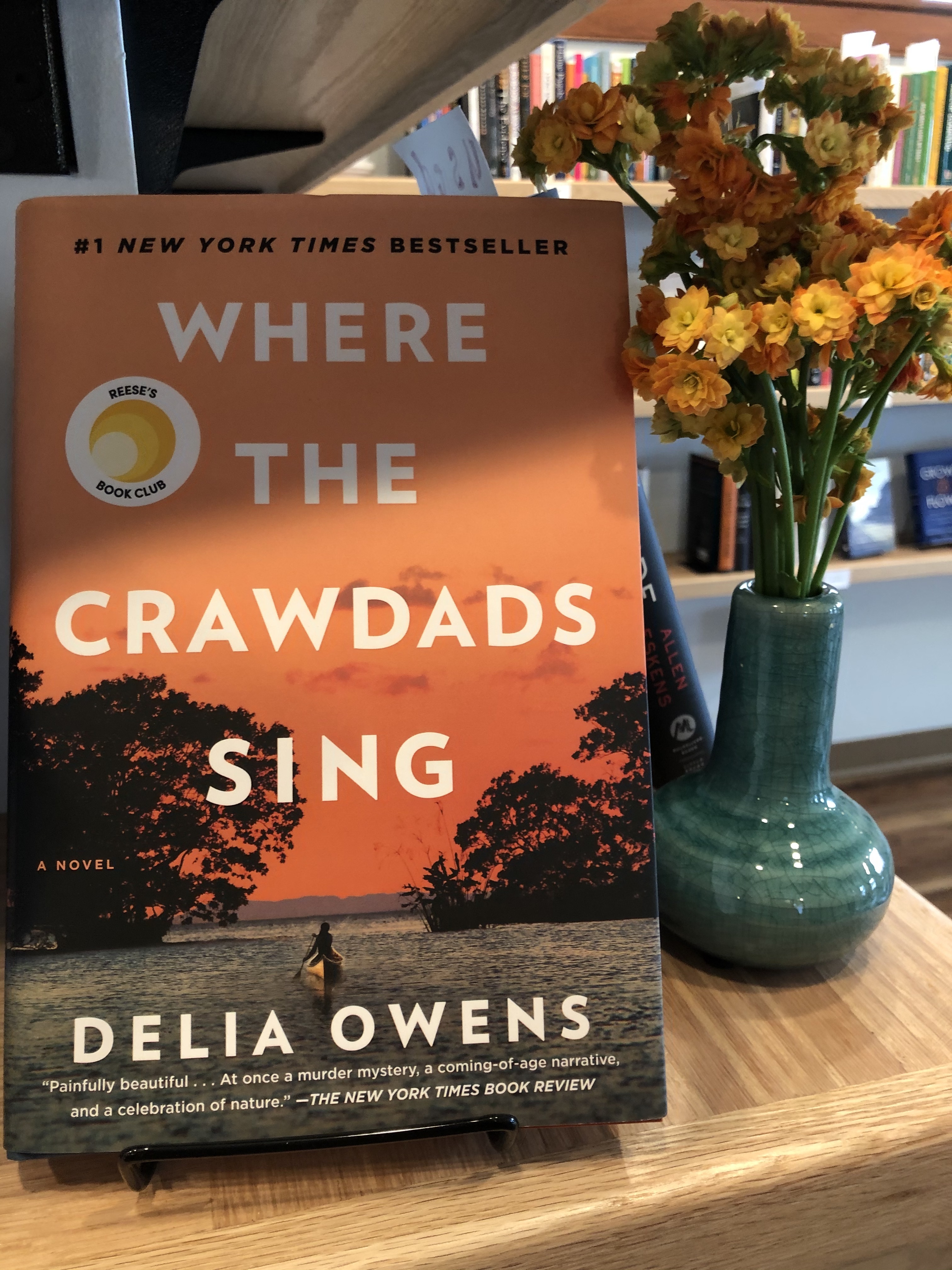
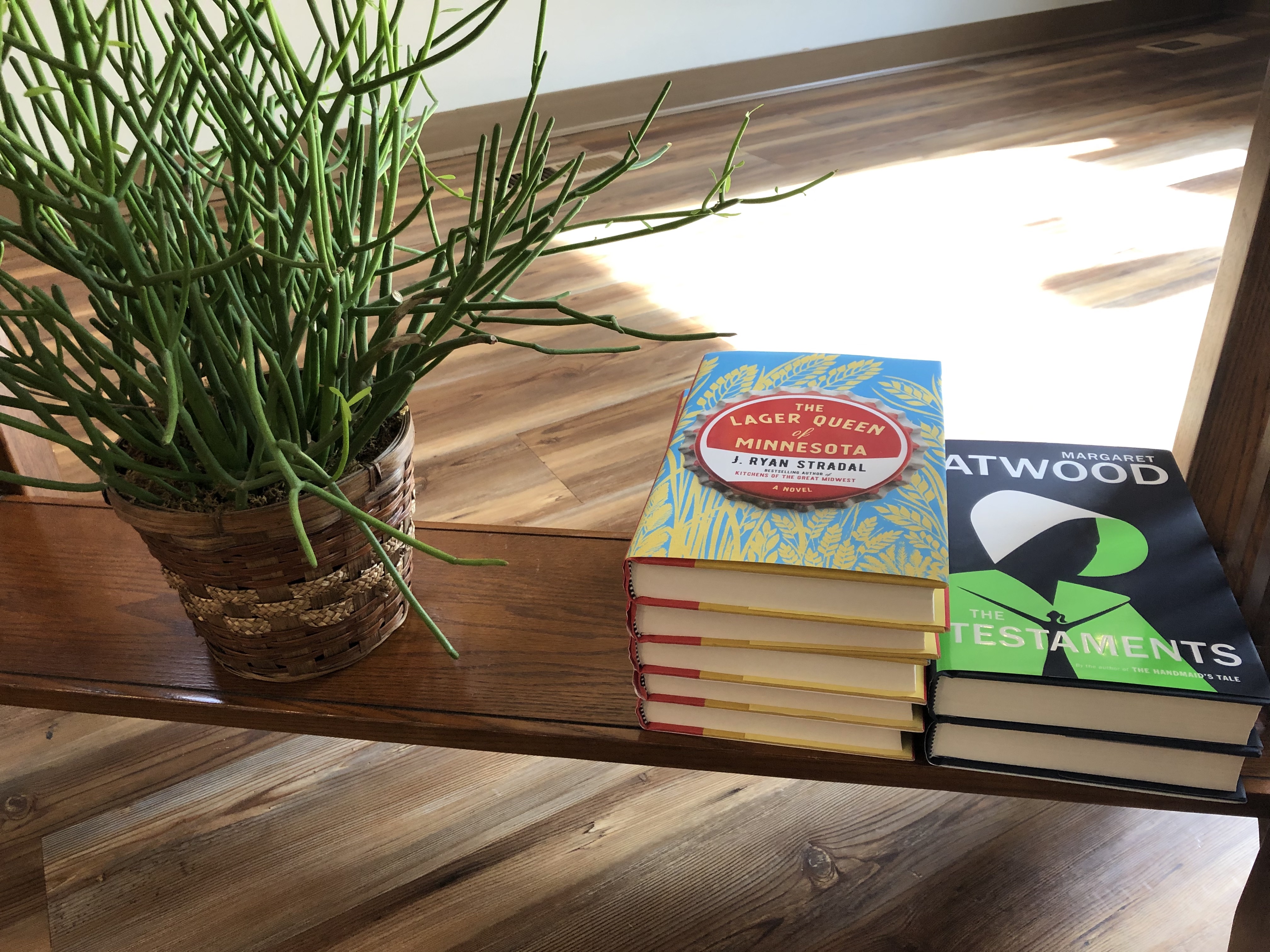
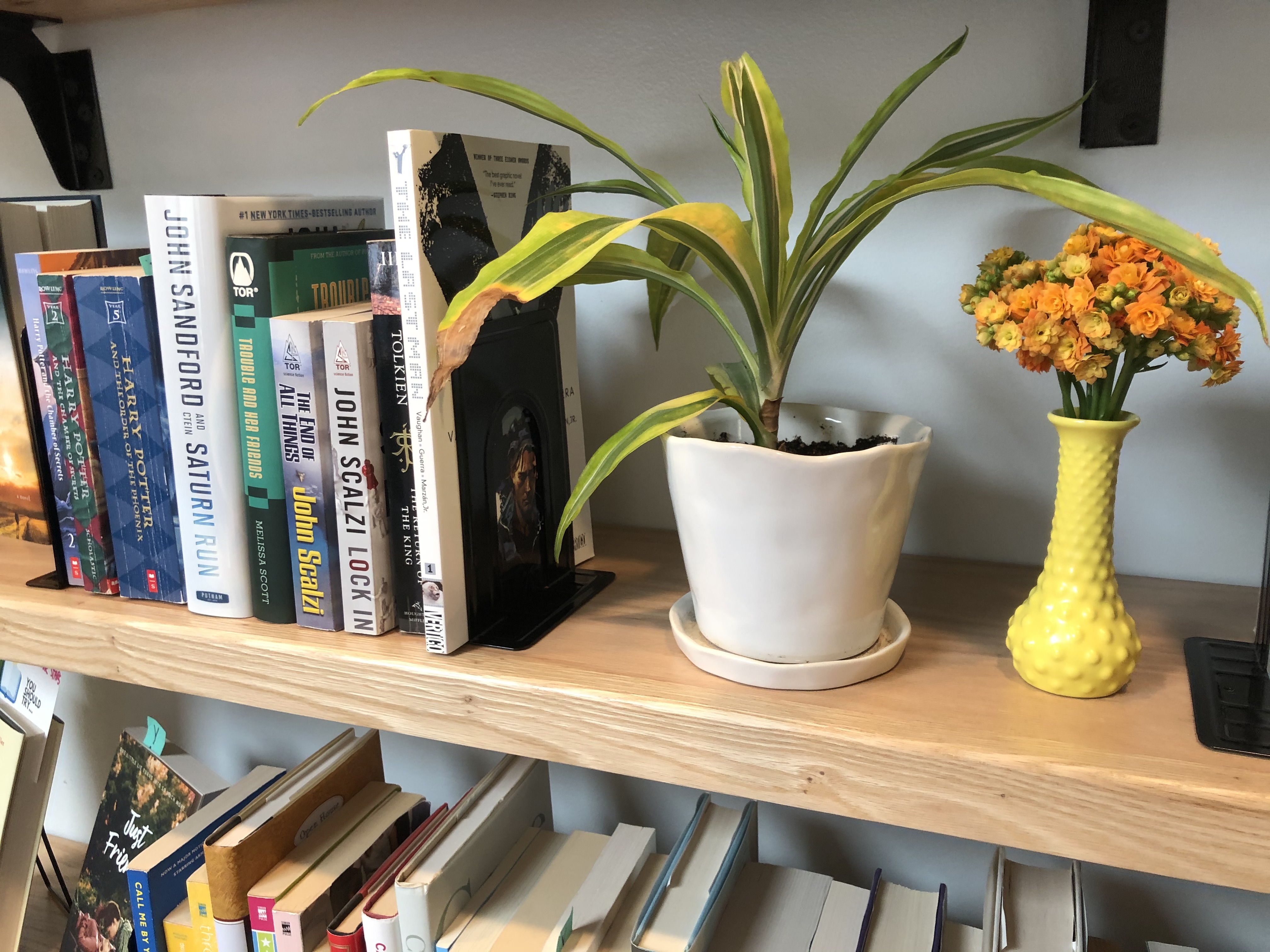
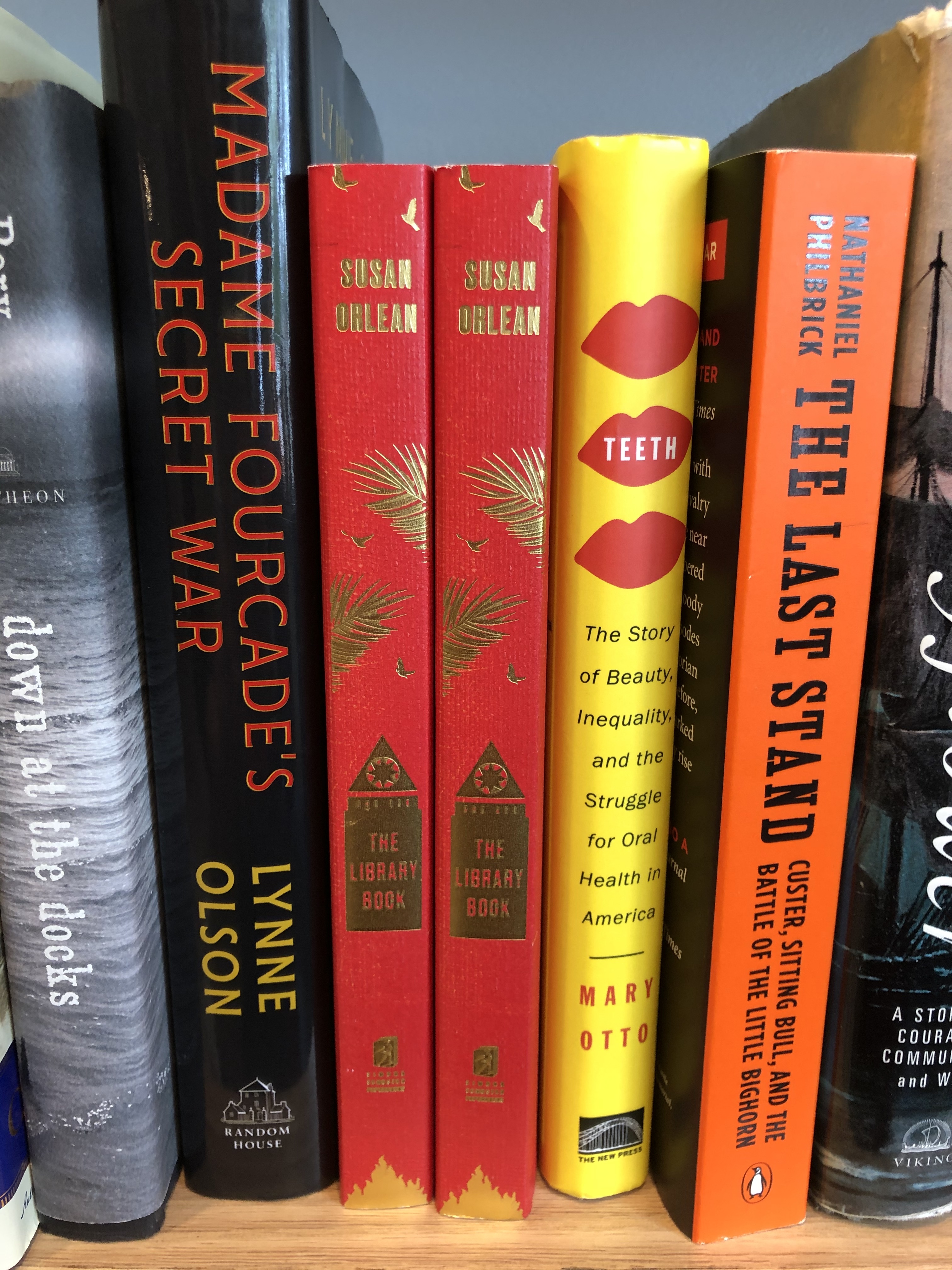
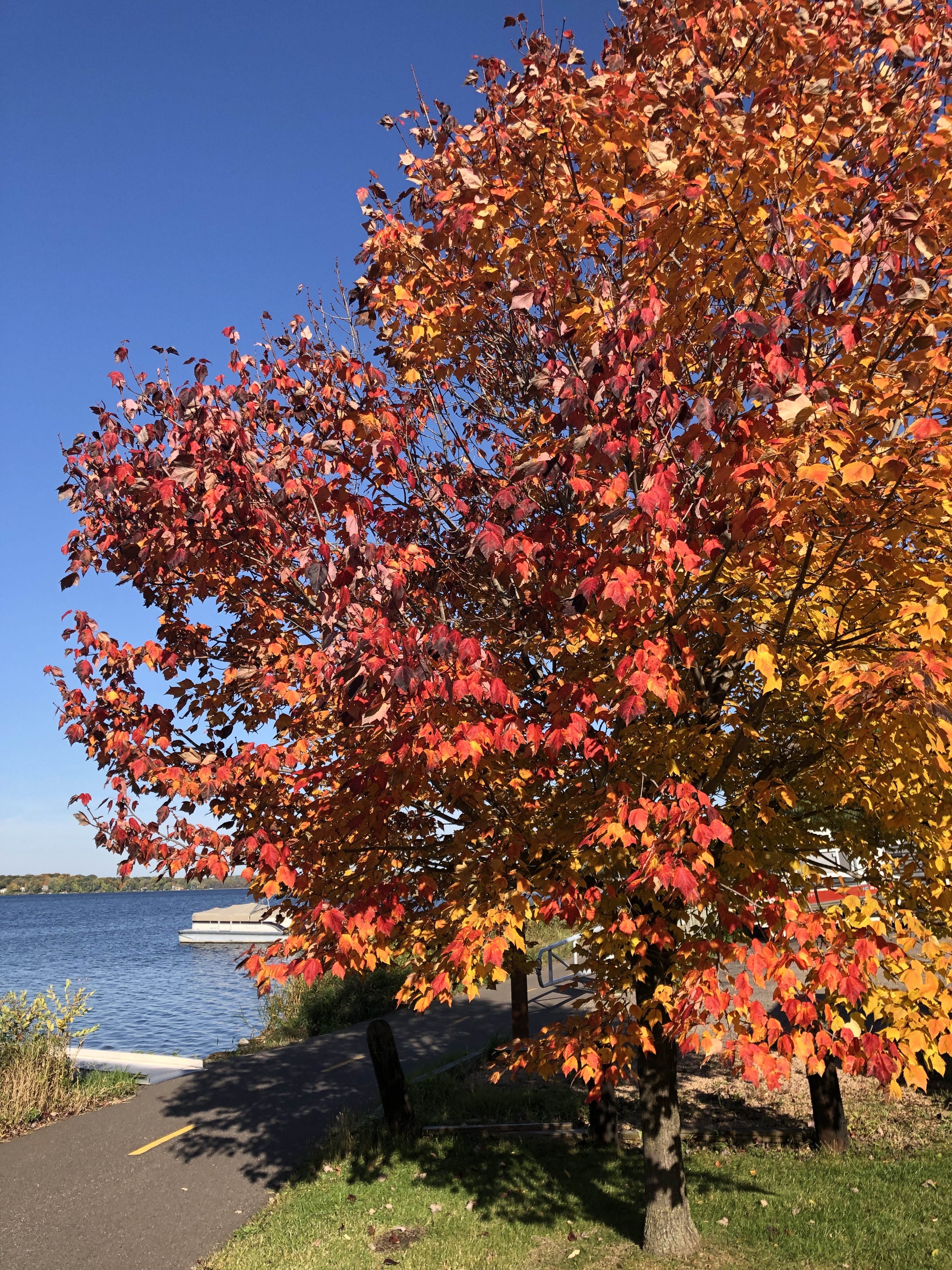
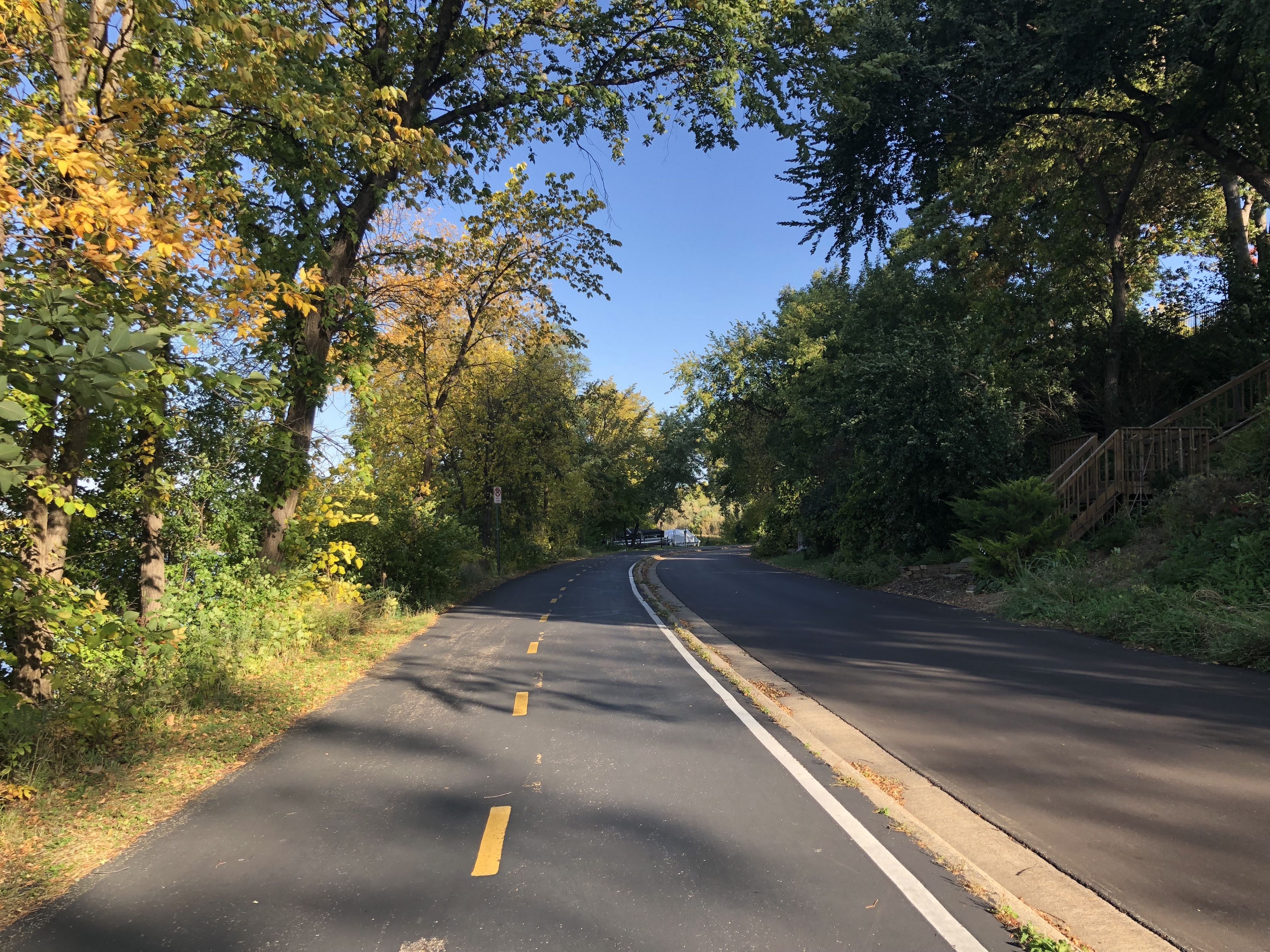
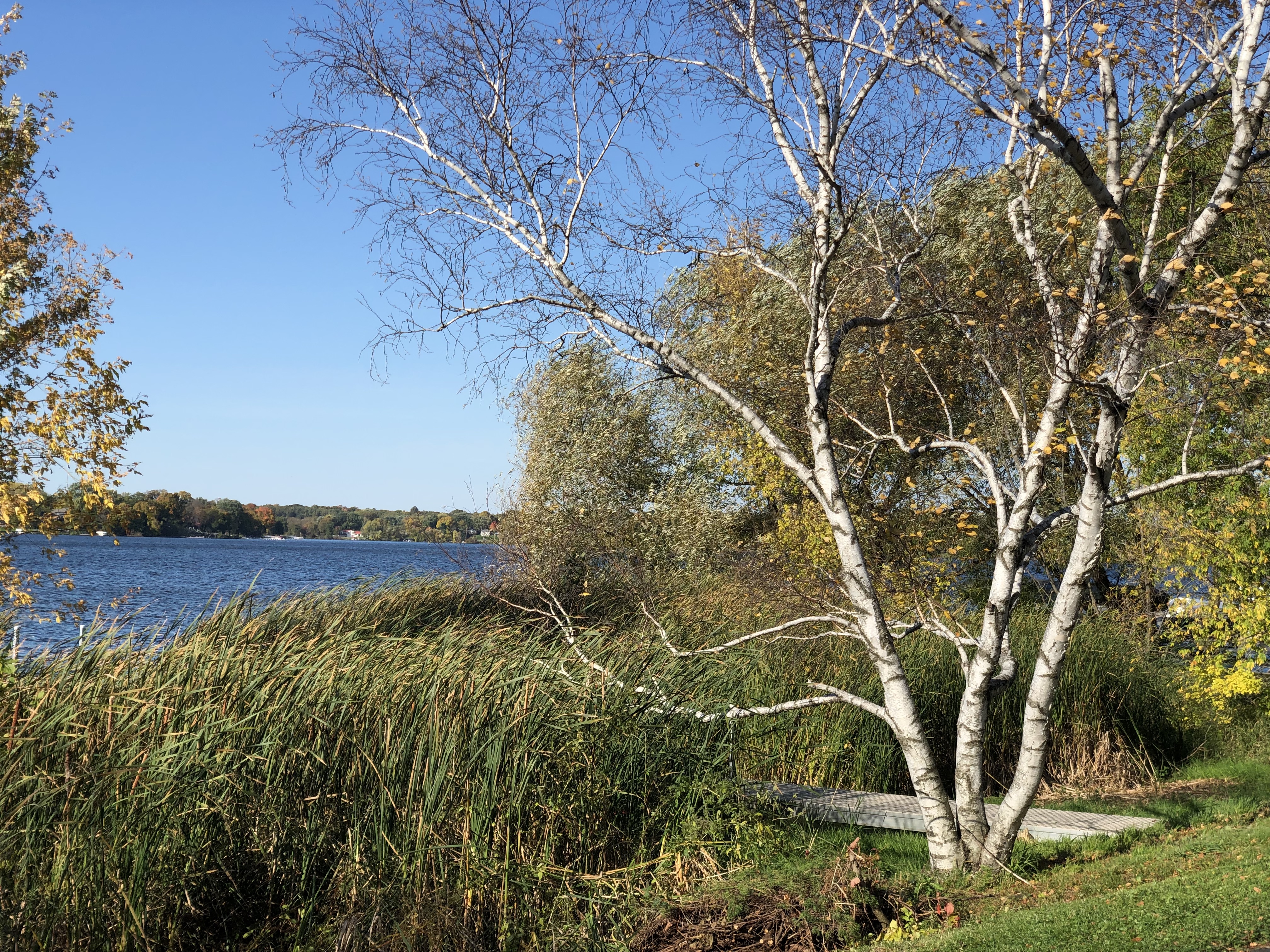
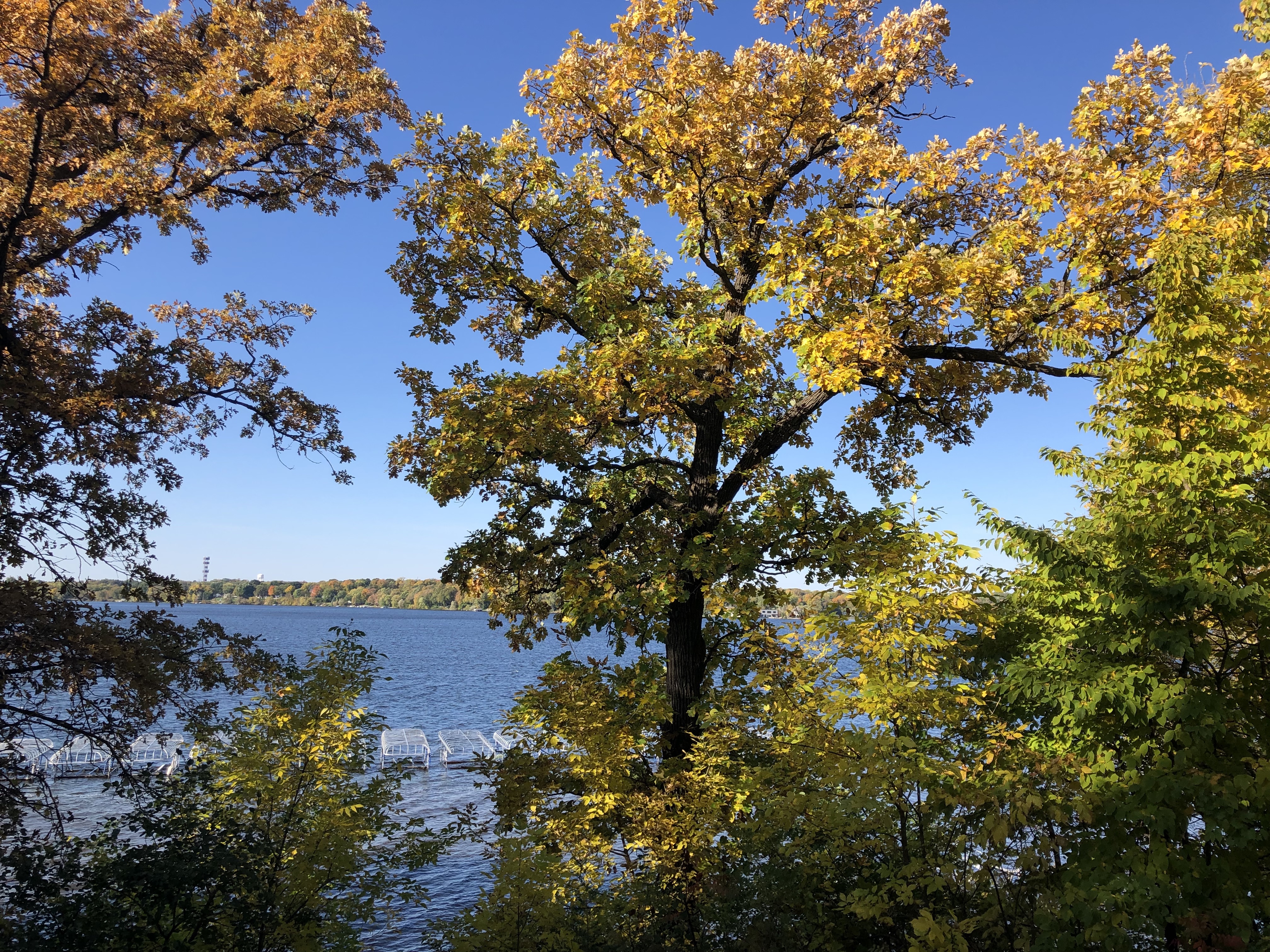
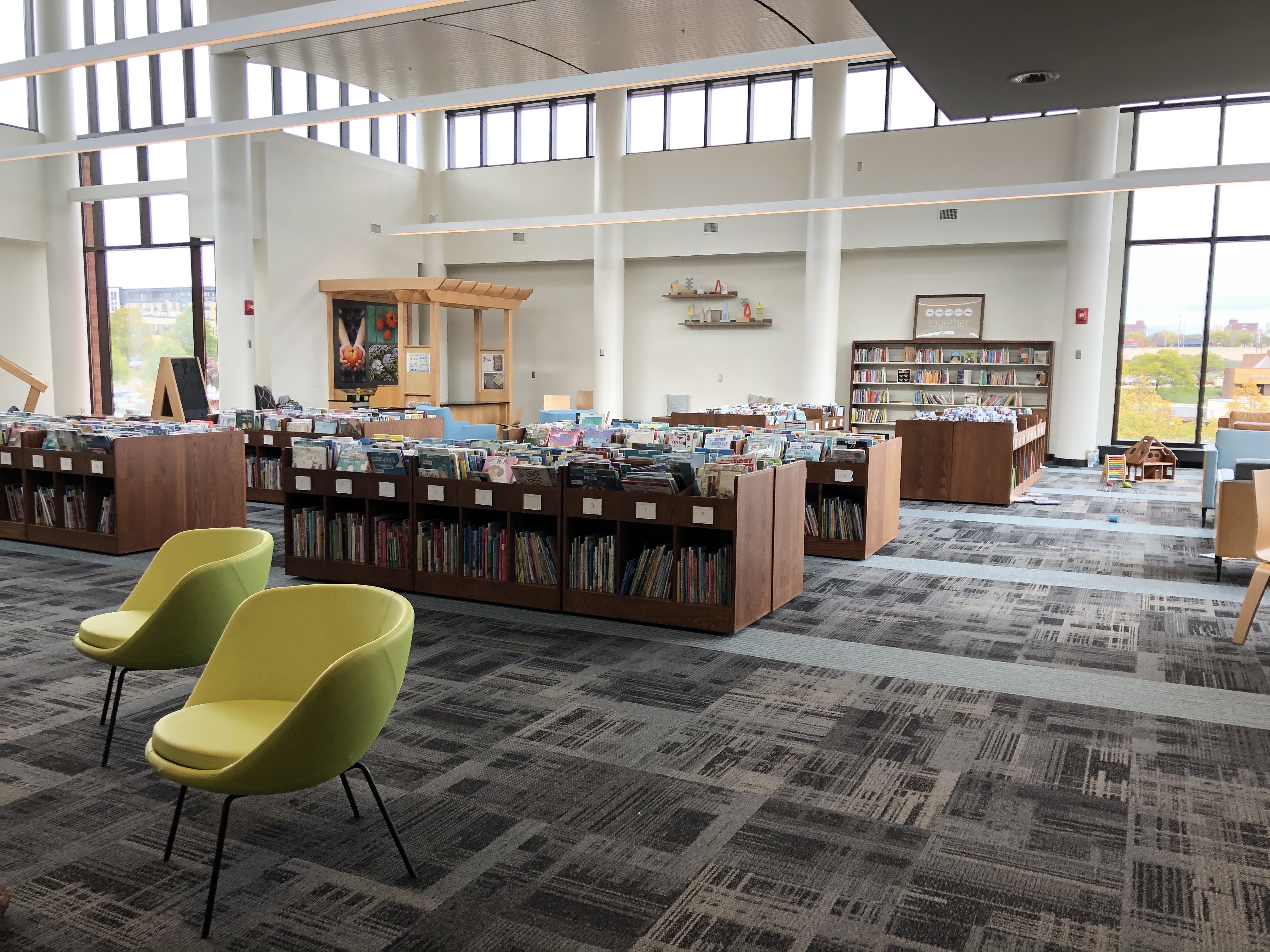
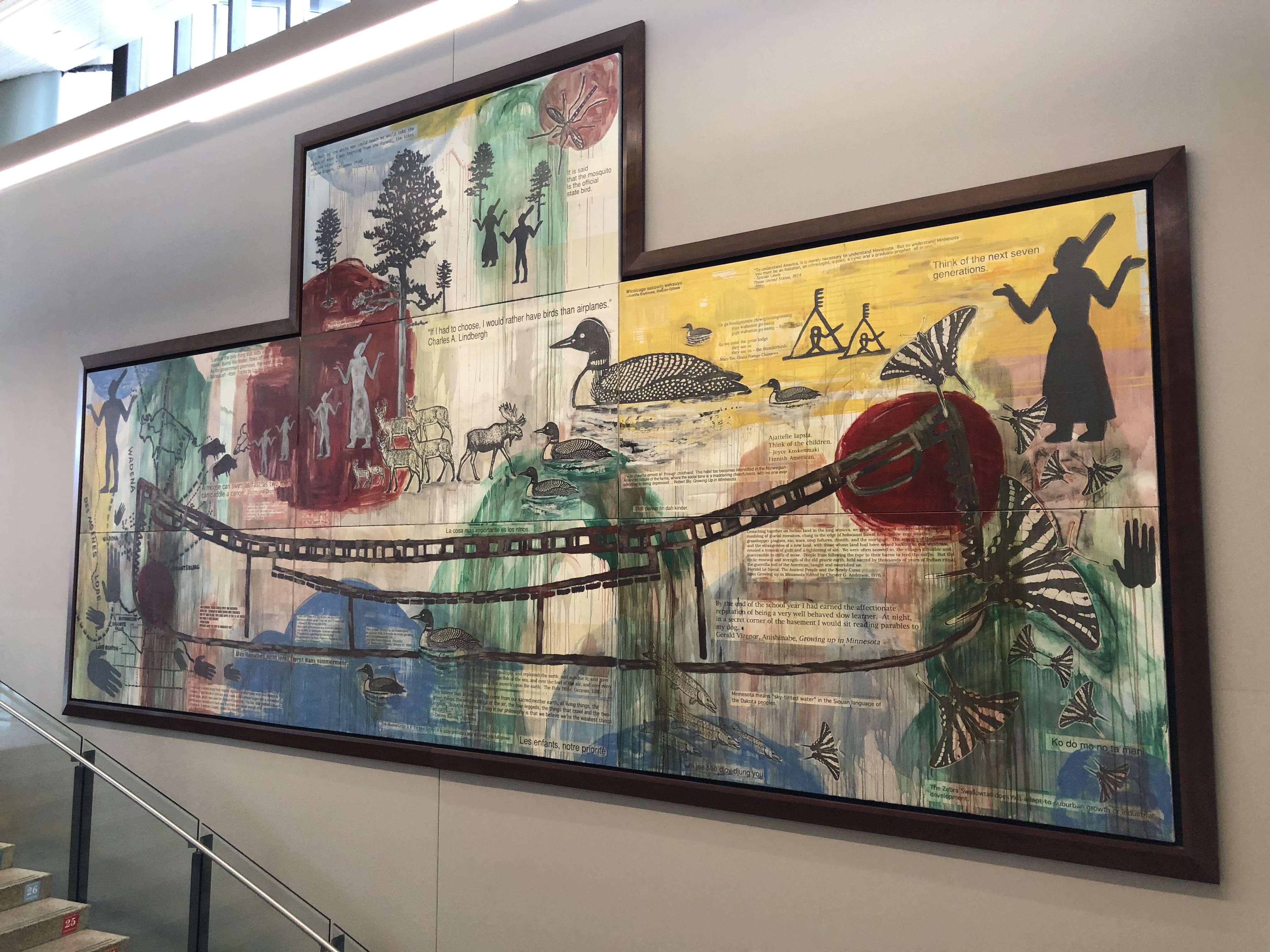
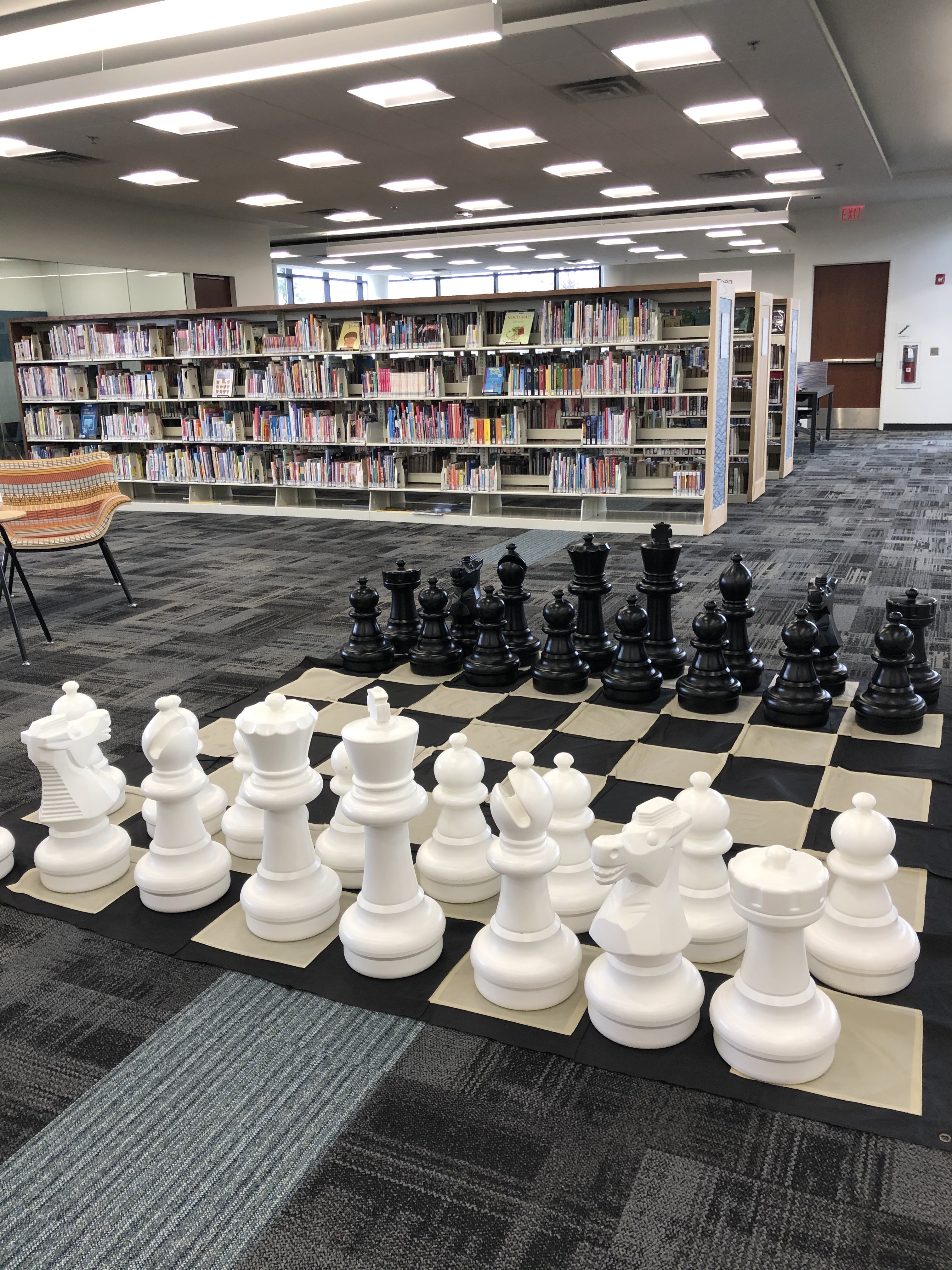
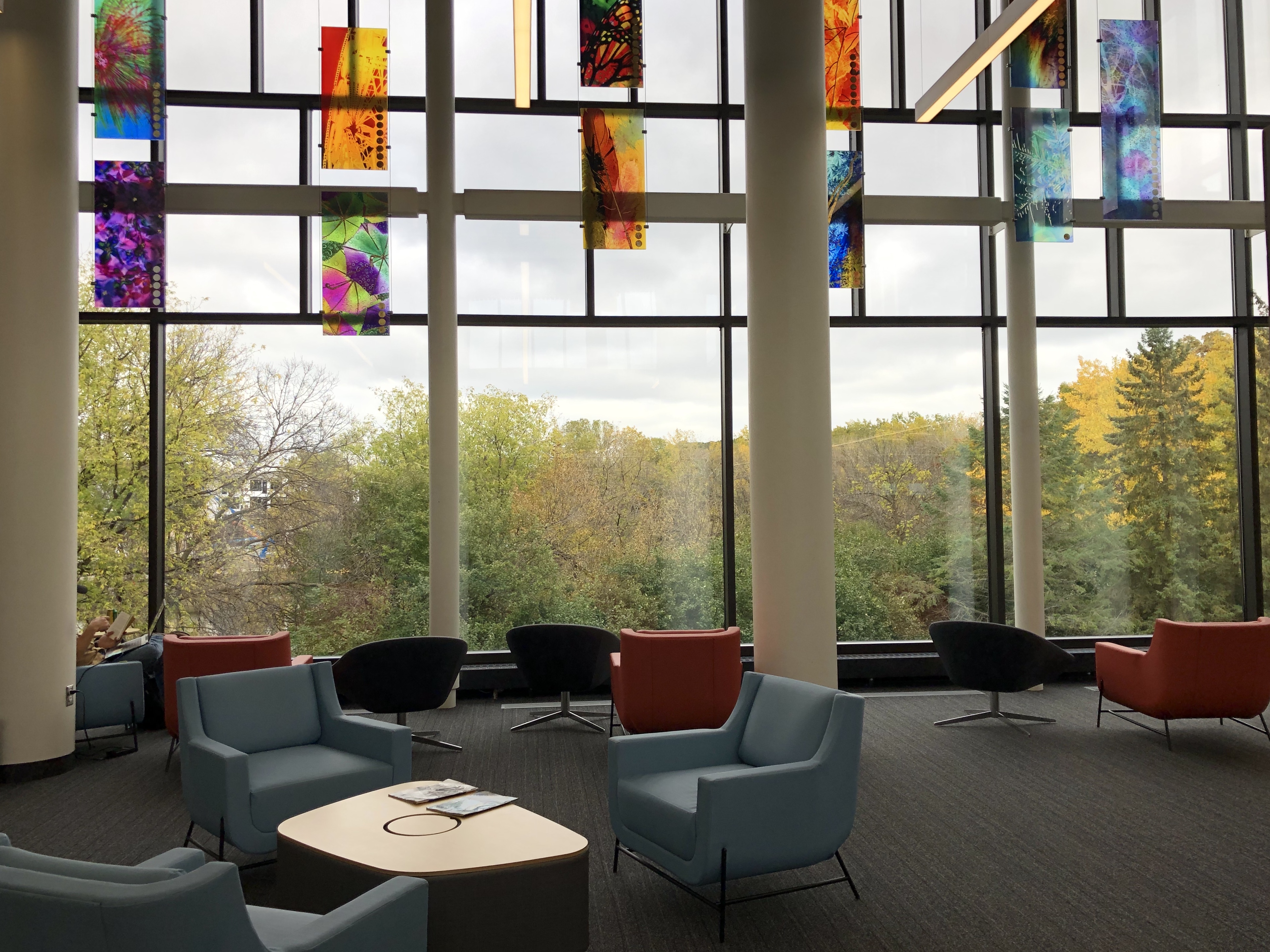

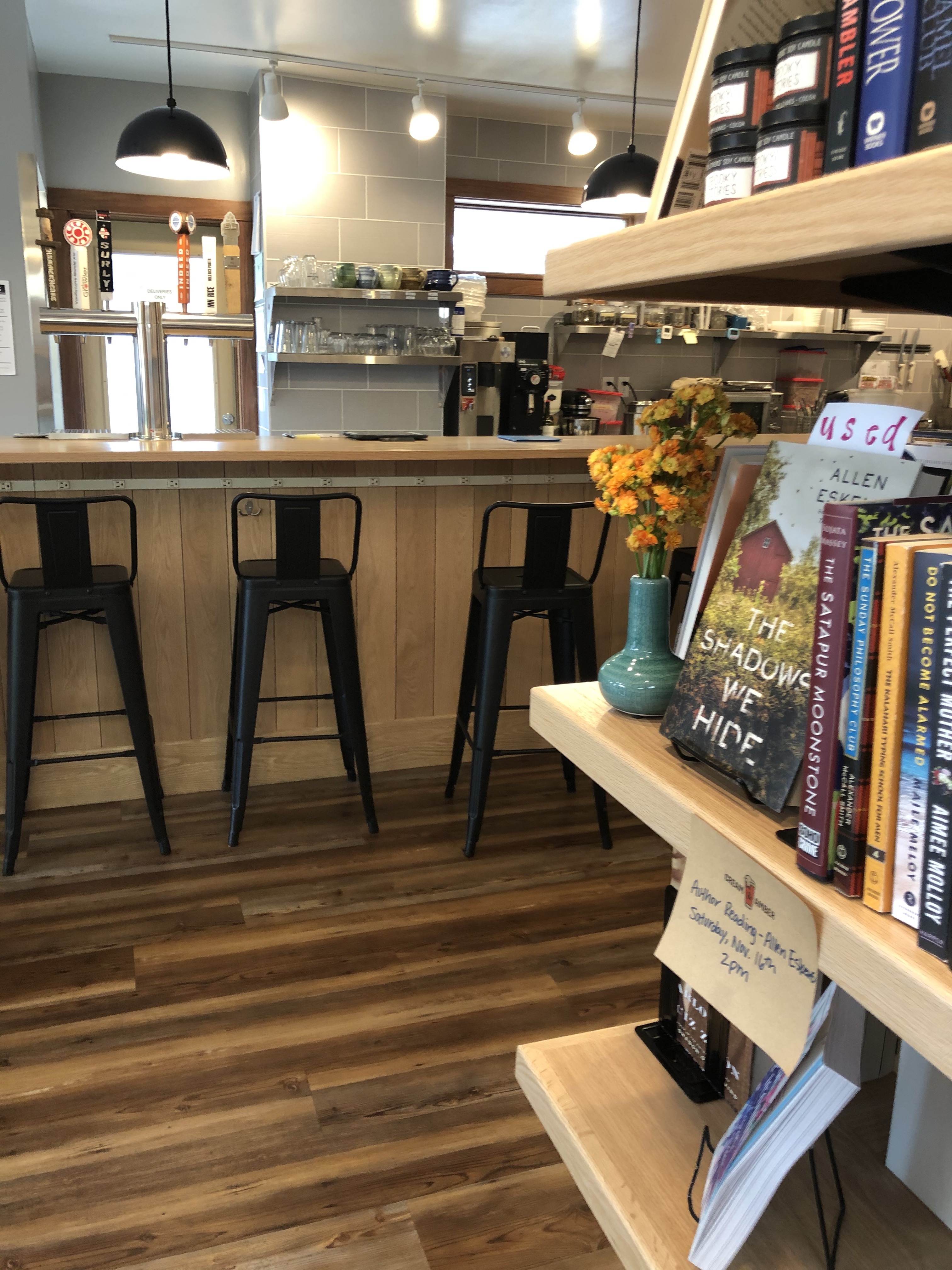
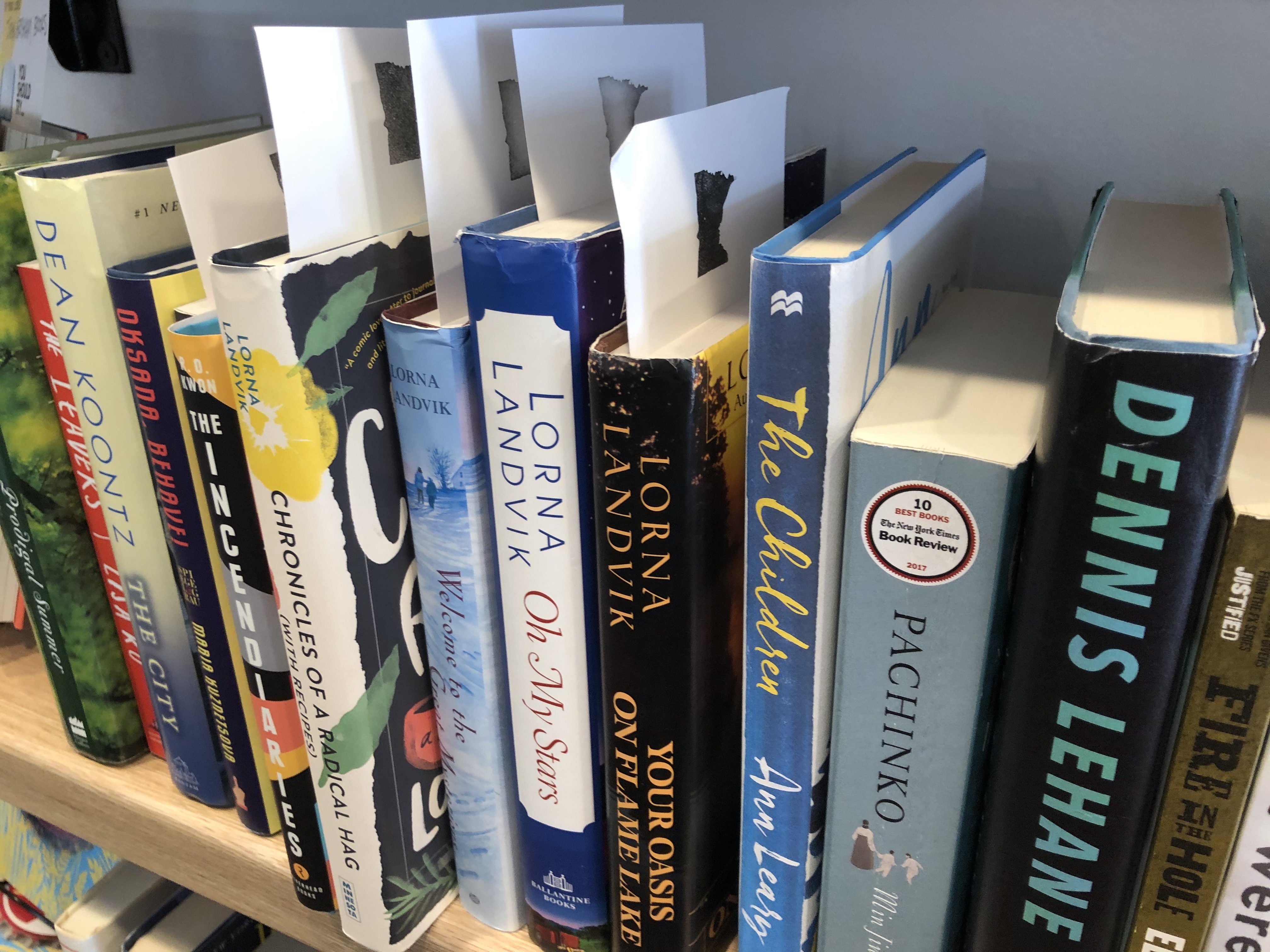
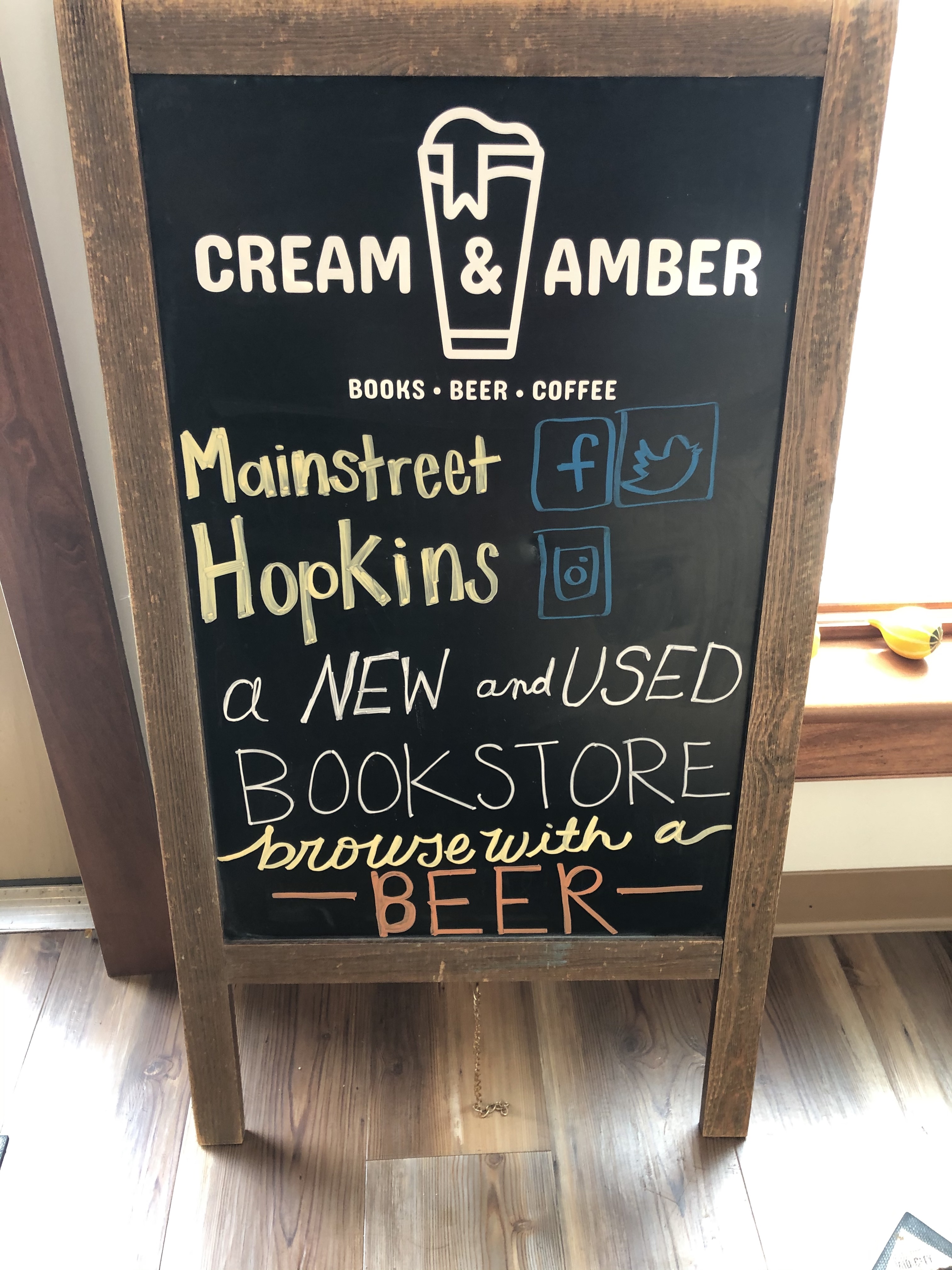
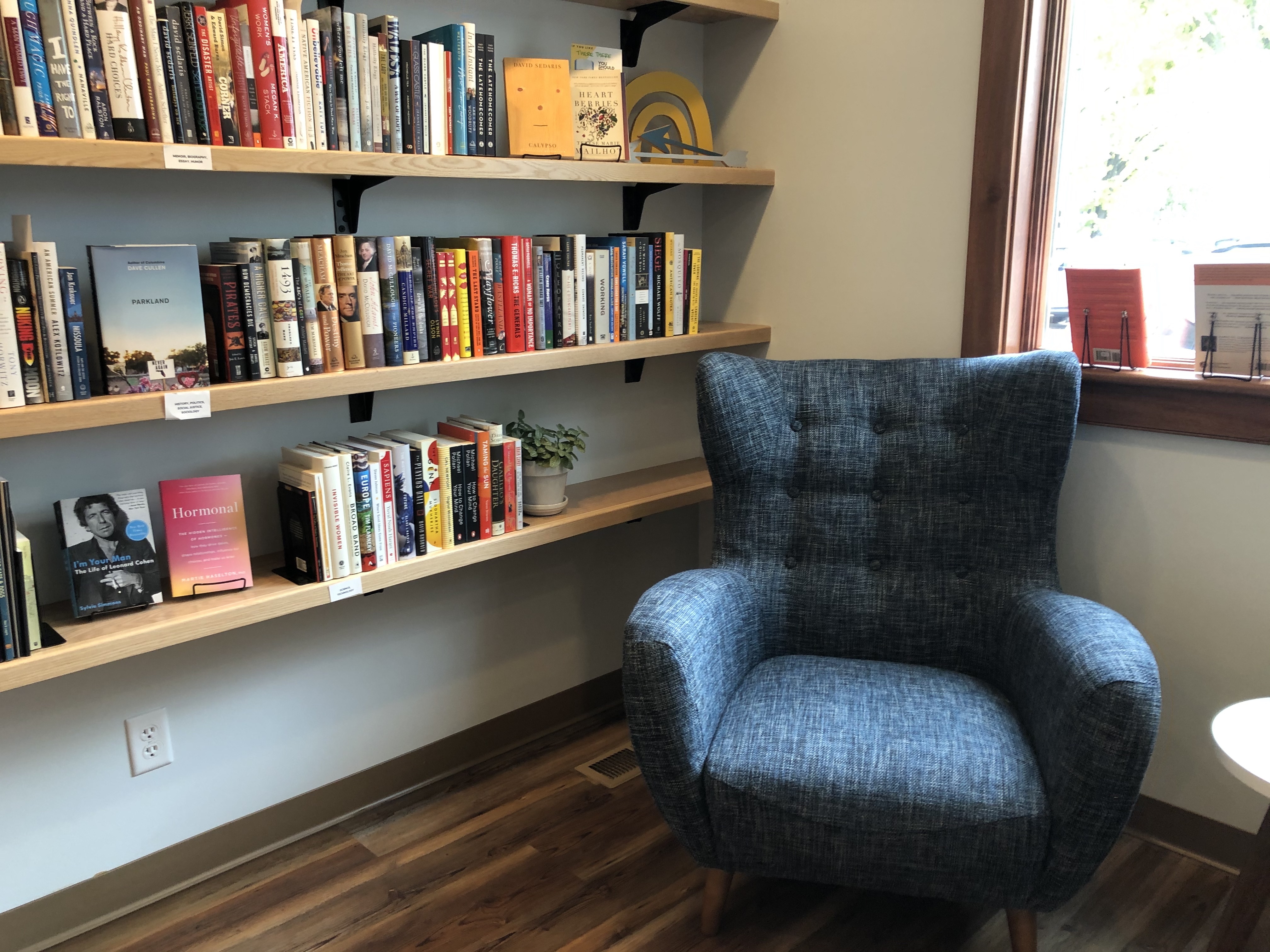
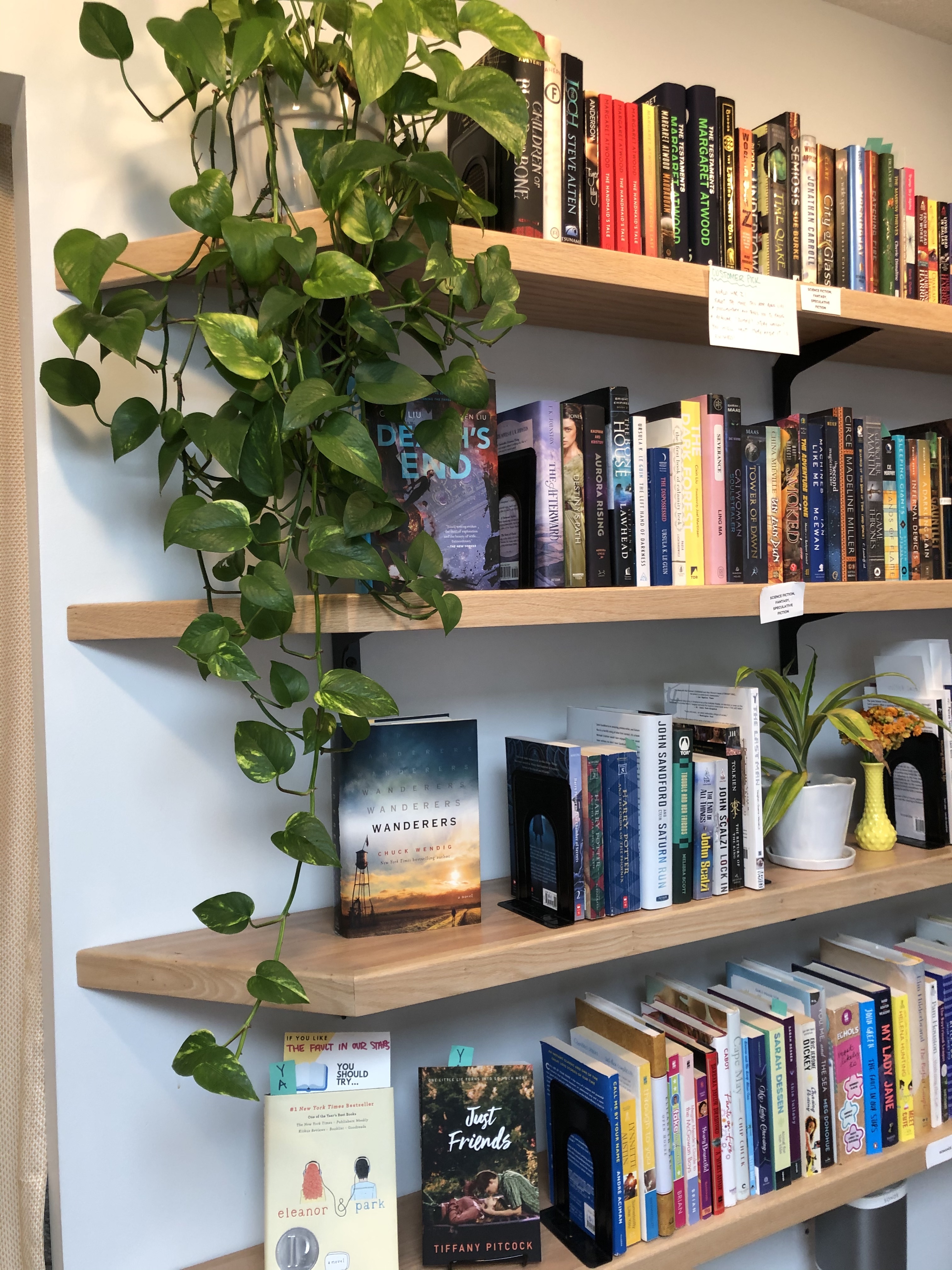
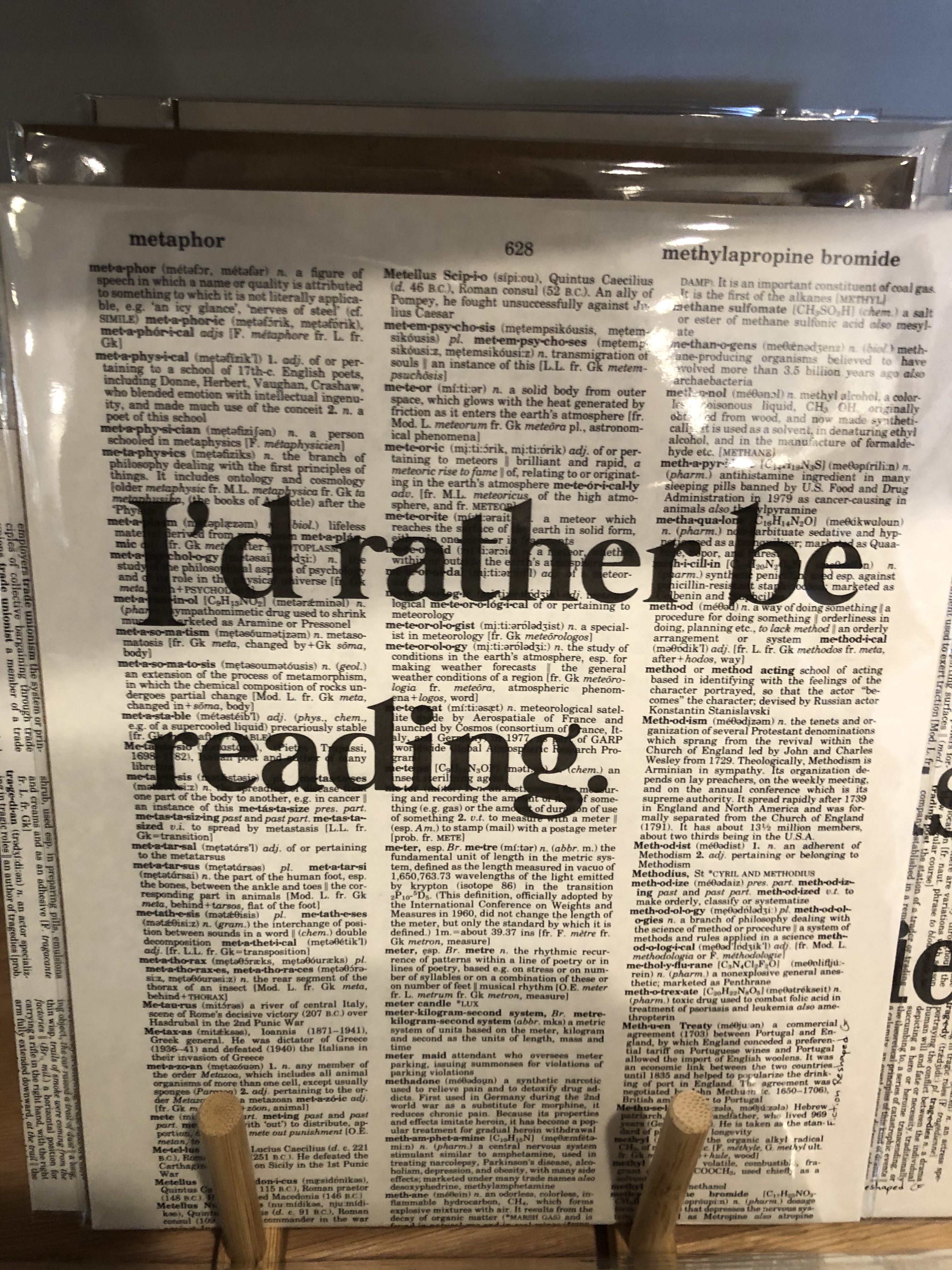

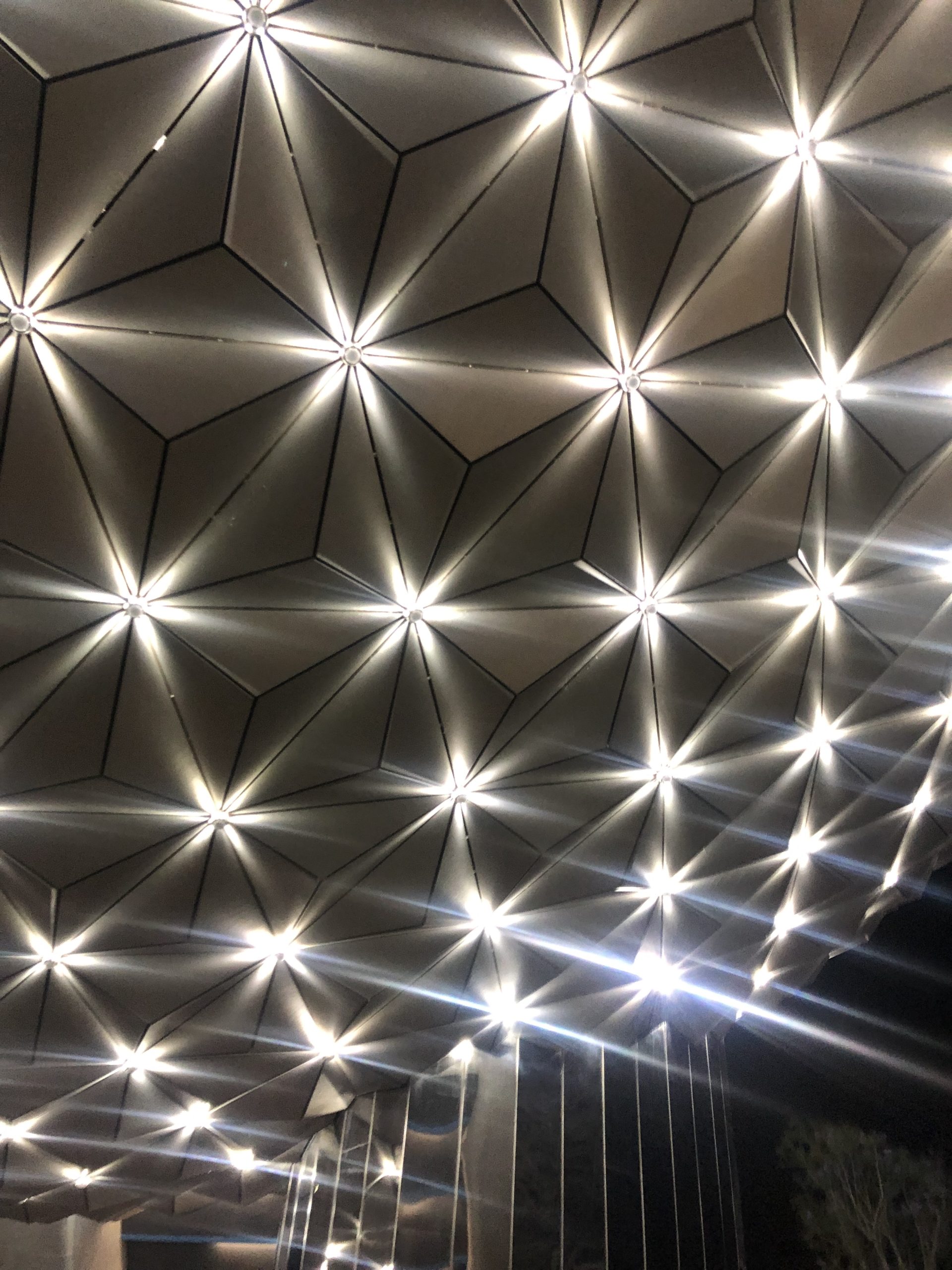
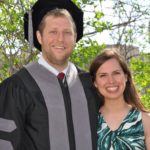
Comments are closed.